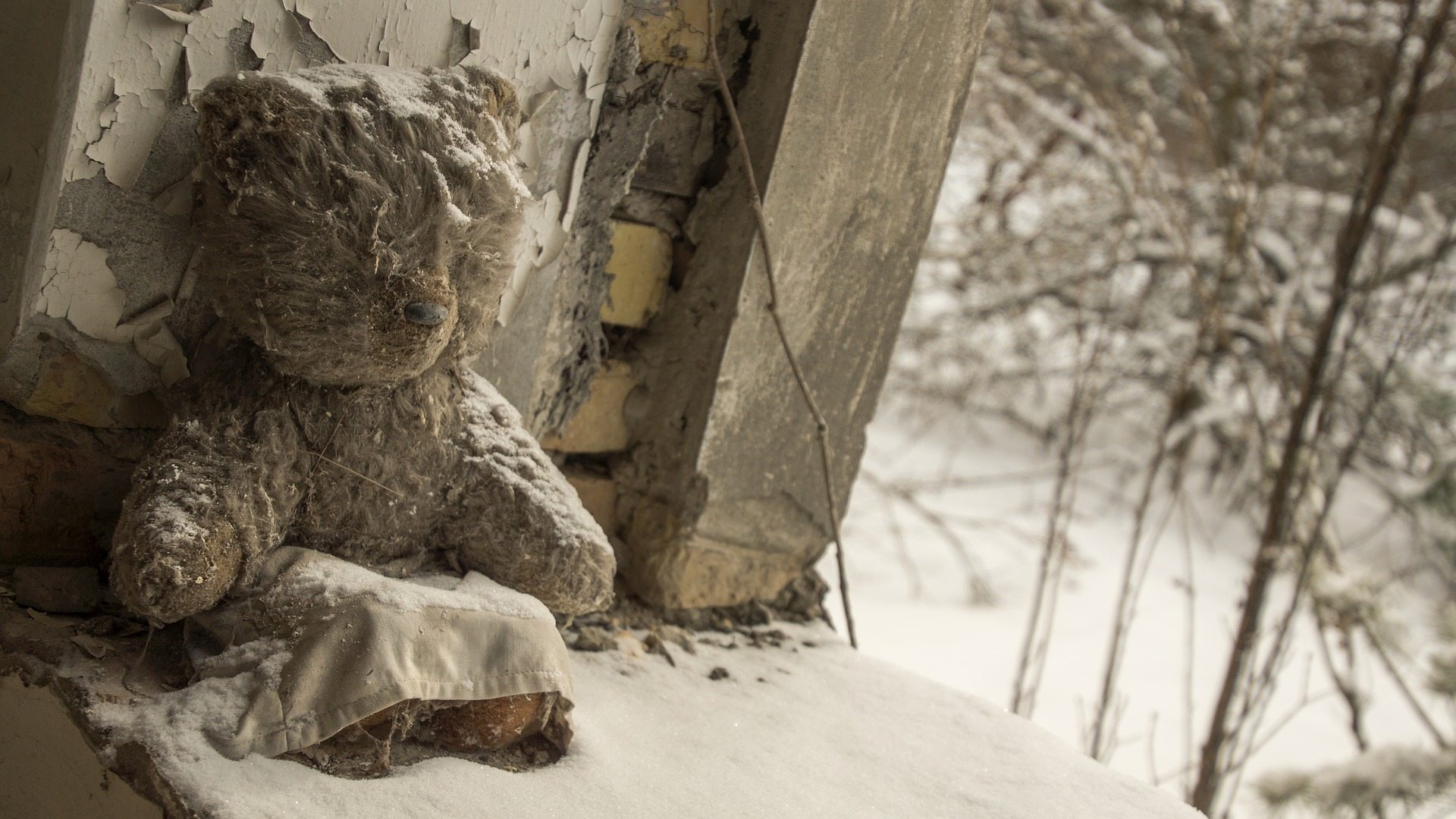
“Reading and writing about history and the human condition is both a wonder and a warning.” Researching The River by Starlight revealed a portrait of century-ago life that disturbed, surprised, and inspired me. From my interview with Deborah Kalb:
Q: Did you need to do much research to write the novel, and what did you learn that especially surprised you?
A: My research included multiple trips to Montana, North Dakota and Alberta. I spooled through miles of newspaper microfilms from across the country. I visited, in person and online, more than forty libraries and archives, and amassed a collection of more than eighty books.
I found a number of things striking. The biggest one—that disturbing lack of understanding, let alone meaningful treatment, of postpartum illness, and the societal stigma and prejudice that resulted from that void.
Even in general terms, “insanity” was slung about with the indifference with which we discuss the common cold. Doctors, hospitals, courts and newspapers—overwhelmingly male-dominated—observed no privacy standards in handing out information and opinions on individual cases to anyone who asked.
Also striking was the degree to which people 100 years ago were so much more self-sufficient in daily life than we are today. Homesteaders grew, raised, butchered, and preserved their own food, built their own houses, made their own clothes, booze and cigarettes, fixed their own vehicles, birthed and buried their own.
This affected me profoundly, moved me to make numerous DIY changes in my life. My husband started calling me Prairie Girl.
And, in an age before every last comma of information about us is documented and stored digitally, playing fast and loose with various laws was common.
Several of my characters encounter dire situations causing them to leave marriages, abandoning children and partners, and other obligations. Those who left and those left behind go on to form other family relationships, with no evidence of divorces, remarriages or adoptions. They behaved like families, presented as families, and got on with their lives.
The circumstances were always poignant, and this bittersweet but necessary don’t-ask-don’t-tell reshaping of families called for a quiet kind of bravery. . . .
Reading and writing about history and the human condition is both a wonder and a warning. The themes that drive The River by Starlight resonate just as powerfully and painfully today: the inadequacy of mental health care, stark gender inequity, climate disaster, ruinous real estate boom-and-bust, the shadow that war casts over a community’s diversity.
The story could easily have ended as a tragedy, but instead it spoke to me of the resilience of the human heart and its capacity for hope, forgiveness, and redemption. That too is as relevant today as ever.
Continue reading the full interview at Book Q&As with Deborah Kalb
Get The River by Starlight here: https://buff.ly/2IxHCZQ

Leave A Comment